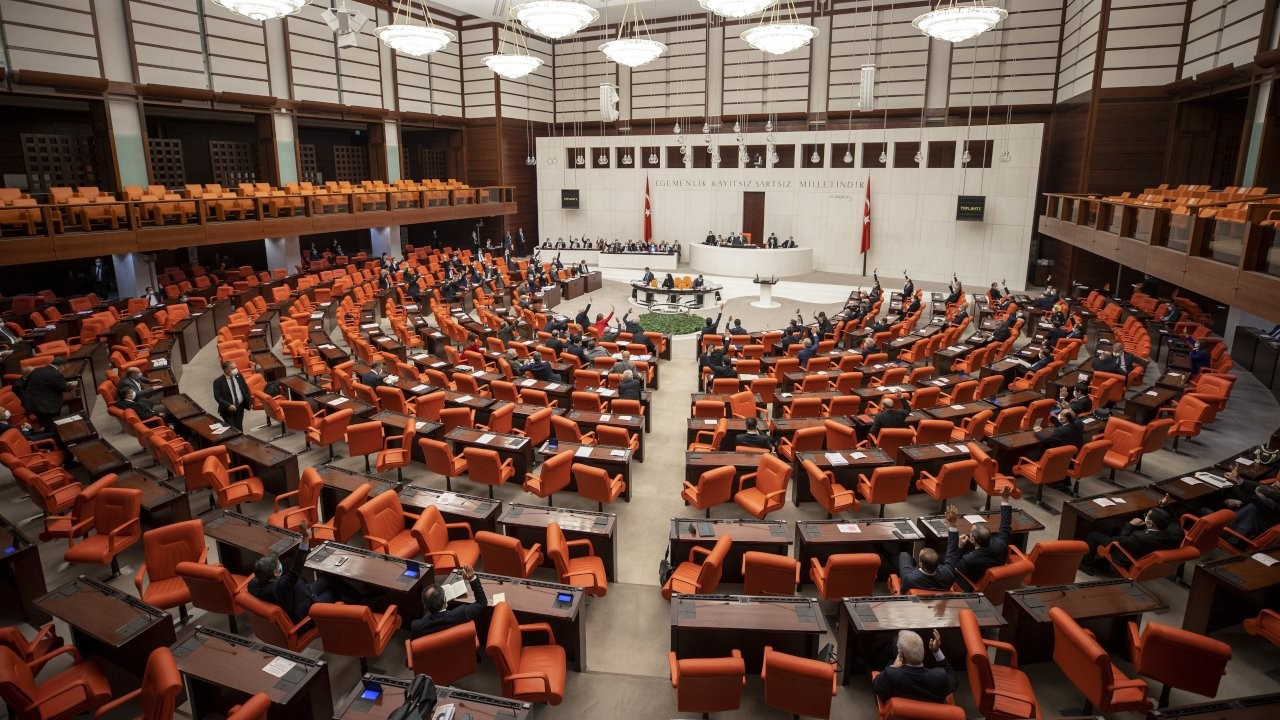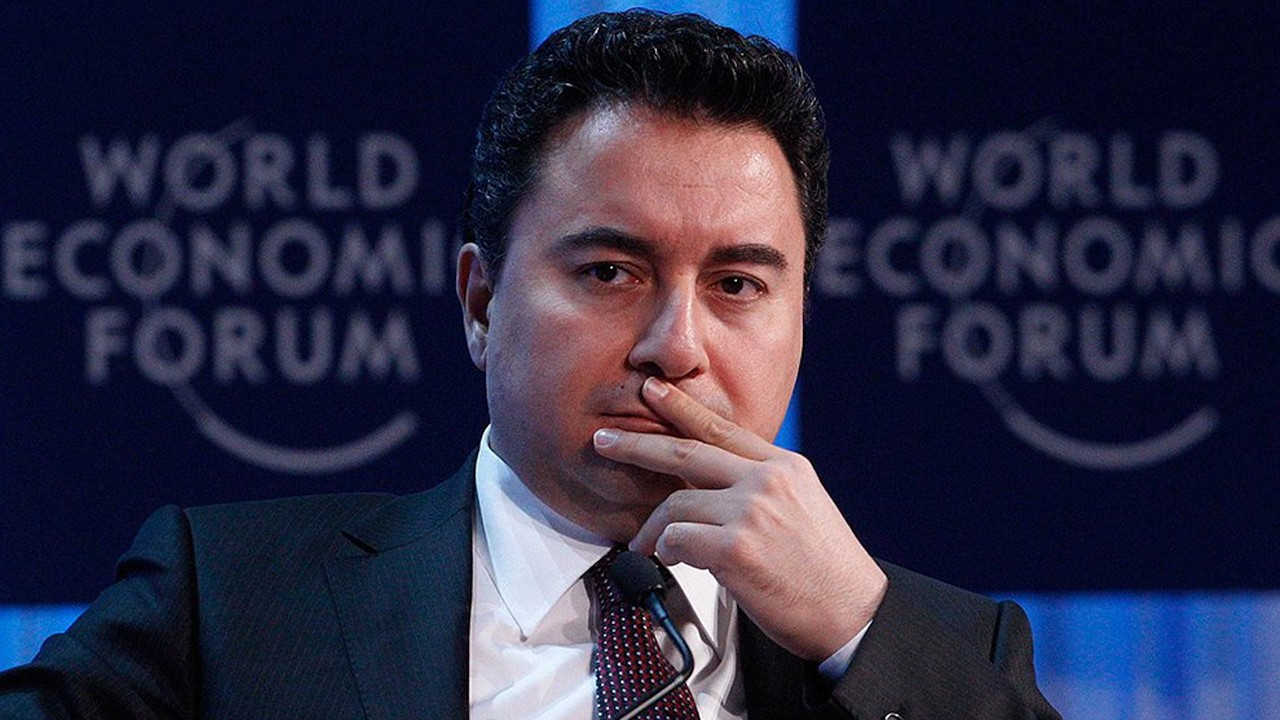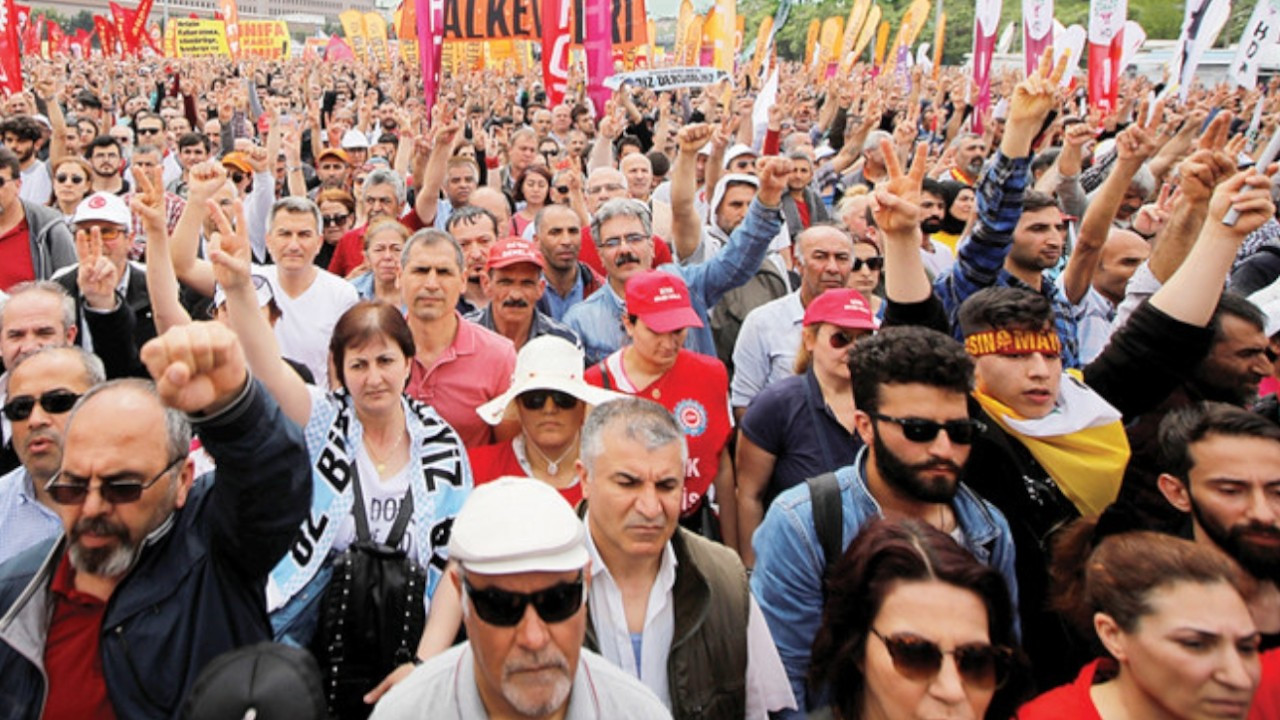AKP deputies backed a controversial bill without knowing its content, parliament records show
A number of AKP deputies backed a bill without being aware of its contents, parliament records revealed. While the lawmakers asked questions regarding the bill after signing it, they received responses from another AKP deputy.
Duvar English
A number of ruling Justice and Development Party (AKP) deputies were unaware of the contents of a controversial bill that they backed, parliament records revealed.
During a debate on a law that would ramp up oversight of foundations and associations and, according to rights groups including Amnesty International, risks limiting the freedoms of civil society organizations, AKP deputies asked a bunch of questions with obvious answers.
"Are there regulations in the bill that limits the freedom to be a member of associations or assume duties in their management?" AKP Amasya lawmaker Mustafa Karahocagil asked, revealing that he is completely unaware of what the bill stipulates.
"Does the bill put limitations on the associations regarding the collection of donations? What is the purpose of the amendments concerning donation campaigns?" another AKP deputy, Mücahit Durmuşoğlu, asked.
MP İmran Kılıç focused on another aspect of the law that's slammed by 71 bar associations for putting lawyers in the position of informants.
According to the law, the lawyers are obliged to notify authorities of "suspicious transactions," which is in stark contradiction with the principle of defense.
"Could this lead to a situation that negatively affects the right to defense?" Kılıç asked.
The confused lawmakers received their responses from Yılmaz Tunç, a member of parliament's justice commission from the AKP.
Strikingly, Korahocagil and Kılıç are among the lawmakers that initially submitted the draft bill to parliament.
The law in question was approved in parliament early on Dec. 27.
Stifling civil society
The law allows the interior minister to replace members of organizations who are being investigated for terrorism charges, while the interior ministry can also apply to courts to halt the groups' activities under the new law. International organizations will also be included under the law and penalized accordingly.
The bill that is actually called the “Law on Preventing Financing of Proliferation of Weapons of Mass Destruction” was submitted by the AKP last week.
Last week, seven civil society organizations, including Human Rights Association and Amnesty, said in a statement that terrorism charges in Turkey were arbitrary, adding the law violates the presumption of innocence and punishes those whose trials are not finalized.
"Given that thousands of civil society activists, journalists, politicians, members of professional organizations are investigated within the scope of [anti-terrorism law], there is no doubt that this law will target almost all opponent associations," said the organizations.
Under the law, foundations will be inspected annually by civil servants. Local governors or the Interior Minister can block online donation campaigns under a measure to prevent terrorism financing and money laundering.
Fines of up to 200,000 Turkish Liras ($26,500.60) can be levied, compared to a previous maximum of 700 liras, in a move the seven organizations said will "in practice lead to the closure of many associations."

 Turkish parliament passes law that will stifle civil societyHuman Rights
Turkish parliament passes law that will stifle civil societyHuman Rights Turkish gov't can't launch legal reforms with antagonizing rhetoric, opposition leader Babacan saysPolitics
Turkish gov't can't launch legal reforms with antagonizing rhetoric, opposition leader Babacan saysPolitics Turkey's NGO bill threatens civil society, says HRWHuman Rights
Turkey's NGO bill threatens civil society, says HRWHuman Rights